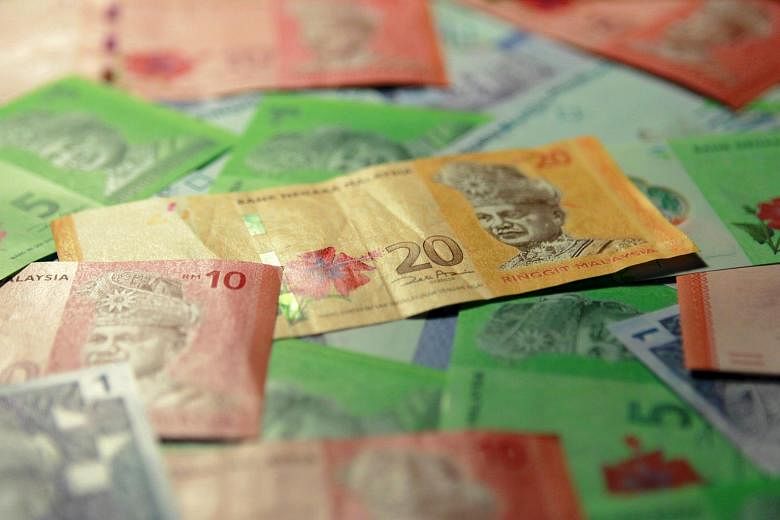KUALA LUMPUR • Malaysia plans to cut more subsidies and move billions of ringgit in government employee housing loans off its balance sheets to bolster its fiscal position, even as a growing scandal threatens Prime Minister Najib Razak's ability to implement potentially unpopular policies.
The government will gradually remove subsidies from petrol, liquefied petroleum gas and cooking oil in the coming years, Dr Mohd Irwan Serigar Abdullah, secretary-general of the Treasury, said in an interview late on Monday.
A Fitch Ratings decision to pull back from downgrading Malaysia is giving the country space to reinforce its fiscal credentials, he said.
"This would help us to further strengthen and continue our effort despite all these noises, which I consider temporary," he said at his finance ministry office in Putrajaya, referring to the Fitch decision.
Malaysia has seen its efforts to improve the Budget overshadowed by a debt pile-up at state investment firm 1Malaysia Development Berhad (1MDB) and corruption allegations embroiling Datuk Seri Najib.
While Dr Mohd Irwan reiterated the government's assertion that 1MDB is sound and has enough assets to pay off its debt, scrutiny has increased over how much liability the government may have beyond its official borrowings.
Malaysia scaled back subsidies for petrol and diesel last year after falling oil prices gave Mr Najib the opportunity to wean the country off a decades-old policy of cheap fuel. He has also removed subsidies on sugar.
"We cannot afford to be in subsidy mode forever," Dr Mohd Irwan said. "We are at a point where there are too many subsidies and the government budgetary system can't afford to carry such a burden."
Malaysia started a goods and services tax of 6 per cent in April. Dr Mohd Irwan said this has helped to counter a decline in government revenue following the plunge in crude oil prices. Collections from the new tax so far have exceeded the government's estimate, he said, without giving details.
Malaysia is incurring additional contingent liabilities beyond explicit guarantees, Fitch said last Tuesday, even as it maintained the country's credit rating at the fourth-lowest investment grade of A- and upgraded the outlook to stable from negative. The Fitch decision came after the government outlined its plans for fiscal consolidation and sustaining the current account surplus, assuring the firm Malaysia will avoid a twin deficit situation, Dr Mohd Irwan said.
A statutory body is also being created to take over the housing loans it currently manages for civil servants. That will move about RM40 billion (S$14.1 billion) into off-balance-sheet liabilities and reduce Malaysia's debt-to-gross domestic product ratio.
Mr Rahul Bajoria, a regional economist at Barclays based in Singapore, said: "In the last five years, debt-to-GDP has risen so much in Malaysia that the entire space for running counter-cyclical fiscal policy has basically disappeared.
"Taking that debt off the books will actually help them in regaining some more space on the fiscal side."
Dr Mohd Irwan said the government is also trying to rein in its contingent liabilities by imposing a fee on government-guaranteed debt.
BLOOMBERG

